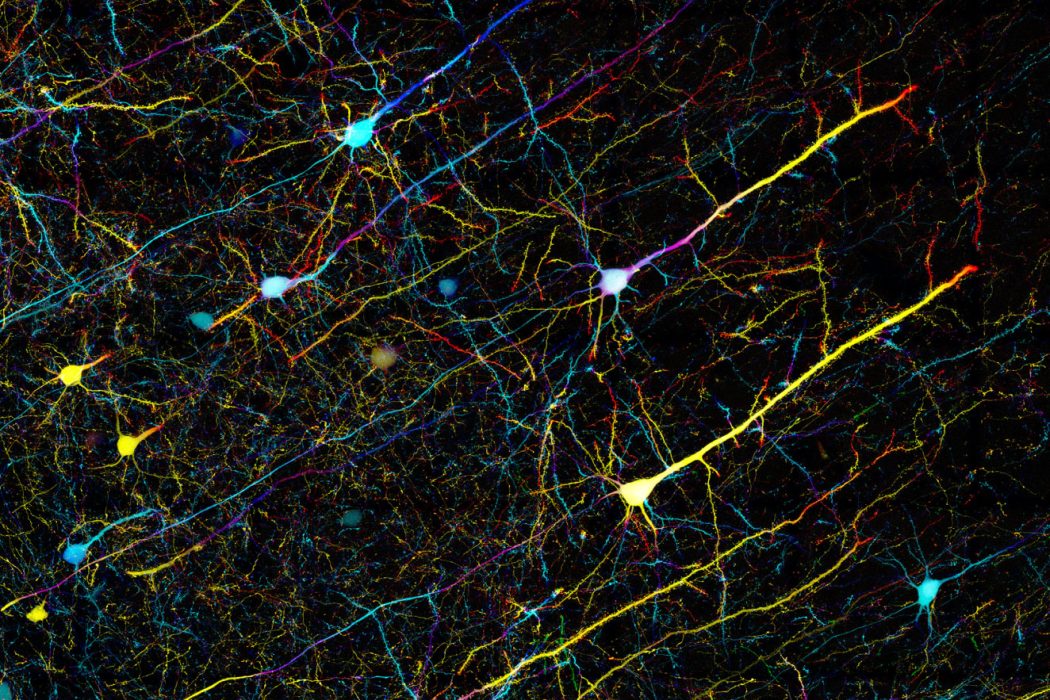Insomnia
‘Do not go gentle into that good night,
Old age should burn and rave at close of day;
Rage, rage against the dying of the light.’
In slumber I suffer a cursed plight
for my brain to me has this to say:
‘Do not go gentle into that good night.’
I wish I could sleep with sweet delight,
But dreams keep me alert at bay,
‘Rage, rage against the dying of the light.’
I try to sleep with all my might,
Melatonin failed to my dismay.
‘Do not go gentle into that good night.’
And in the morning, I’m a dreadful sight.
For one good sleep, I nightly pray.
‘Rage, rage against the dying of the light.’
Your words will not make me all right;
I appreciate your empathic display.
‘Do not go gentle into that good night.
Rage, rage against the dying of the light.’
Dylan Thomas’ poem “Do not go gentle into that good night” was originally about death and dying but here is used to discuss the suffering of insomnia. The poem is in the form of a villanelle, which uses an A-B-A rhyme scheme and repeats the first and third lines of the first stanza in an alternating pattern as the last line of the subsequent stanzas and ultimately conclude the poem. I have not come across other poetic forms that rely so heavily on the first stanza, and so this to me was representative of how the central nervous system controls and interacts with the body.
Additionally, during the neuroscience/neurology black, I was very fascinated with how the brain goes to sleep every night and with different patterns of sleep that we can experience. Sometimes when I was too stressed out about an exam, I found myself having difficulty falling asleep because my brain was still focused on studying or learning. Ultimately, I did fall back into a healthy sleeping pattern, but I wondered about what sort of help would be available for patients who had chronic insomnia and what sort of empathy would be consoling.
Aishan Shi is a fourth-year medical student and recent MBA grad from UA COM-Phoenix. She graduated in 2013 from The University of Arizona with bachelor’s degrees in biochemistry, molecular and cellular biology, and English. Her interests include medical humanities, structural biology, Shakespeare, stuff in the realm of postmodernism, and cartoons. She aims to bring all these interests together in medicine. To contact Aishan, please email her at ashi1[at]email.arizona.edu.

